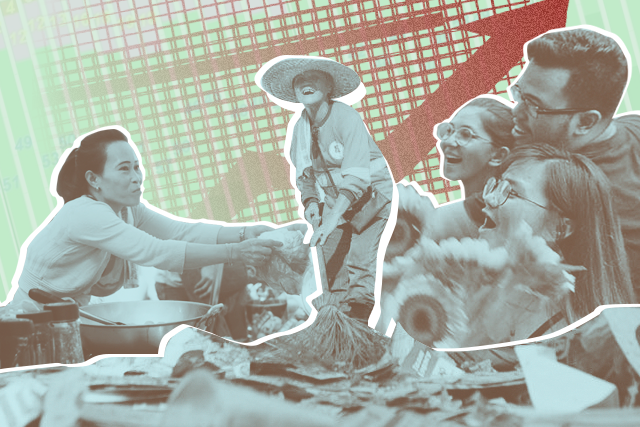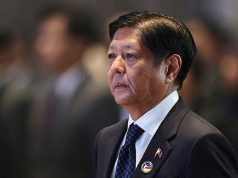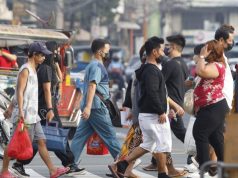
Filipinos are known to be optimistic, resilient, supportive and hopeful. These are some of the reasons behind positive outcome of surveys on happiness and life satisfaction across the Philippines.
One of such surveys was conducted from March 28 to 31, 2019 aiming to measure how happy and satisfied adult Filipinos are with their lives.
1,440 people were asked to participate in the survey through face-to-face interviews conducted nationwide.
The Social Weather Stations found out that 44% of the nationally represented respondents are “very happy” while 49% are “fairly happy.”
Meanwhile, only 8% said that they are “unhappy” with their lives.
The polling firm observed that there was a 5-point increase in Filipinos’ happiness and general life satisfaction compared to the survey conducted in December 2018.
In the previous poll, Filipinos’ happiness and life satisfaction scores reached its lowest since 2014.
“Happiness is not just the absence of sadness or problems but is also related to the quality of life, well-being, pleasure and satisfaction.”
“The resulting Happiness score of 87% (% very happy and % fairly happy) is a 7-point decline from the record-high 94% in December 2017. This is the lowest in four years, since the 85% in December 2014,” SWS said in its December 2018 survey.
“The Unhappiness score of 13% (% not very happy and % not at all happy) in December 2018 is the highest since the 15% in December 2014,” it added.
The polling firm also reported that “happiness also declined in all classes,” especially “Class E” or the most impoverished sector, that time.
Last March, the United Nations’ World Happiness Report indicated that Filipinos ranked significantly higher in the 2019 World Happiness Report compared to their Southeast Asian counterparts.
The Philippines ranked 69th while Malaysia ranked 80th, Indonesia as 92nd, Vietnam as 94th, Laos as 105th, Cambodia as 109th and Myanmar as 131st.
The results are consistent with a Gallup International survey that indicated there was an “increase in the percentage of Filipinos who consider their life positive enough to rate it as ‘thriving’ in recent years,” according to Forbes.
“Specifically, 28% of Filipinos consider themselves thriving in 2017 compared to 26% in 2016, pushing the Philippines up one notch in the ranking of the Asian-Pacific countries,” Forbes said in reference to Gallup.
Possible factors for Filipinos’ ‘happiness’
The significant increase of Filipinos’ happiness and life satisfaction scores in March 2019 compared to December 2018 could be attributed to three factors—resilience, hopefulness and being supportive.
Psychologist Therese Castillo believes our high happiness ratings are also related to our supposed lack of sense of privilege compared to other countries.

“If our people were as privileged as other countries, we may not have developed the coping skills distinct to Filipinos. Most Filipinos use humor as part of coping with problems and struggles,” she said.
“Happiness is not just the absence of sadness or problems but is also related to the quality of life, well-being, pleasure and satisfaction. There are major areas of our lives such as our work, relationships, health and leisure (how we spend our free time) that impact our happiness,” Dr. Castillo added.
The psychologist observes that being exposed to difficult circumstances—from natural disasters to socio-economic struggles—have made Filipinos resilient and hopeful, affecting their overall happiness.
“Our ability to cope with or react to circumstances greatly affect our ability to be happy. We’ve experienced natural disasters and socio-economic struggles over many years and the Filipinos have come out strong and hopeful,” she said.
Dr. Castillo also noted that Filipinos strongly value a sense of community, making them supportive of each other.
“We’re sensitive to another person’s needs and feelings that other cultures may not have… at times of desperation and struggle, we hold on to these values that keep us strong and hopeful,” she explained. — Artwork by Interaksyon/Uela Altar-Badayos









